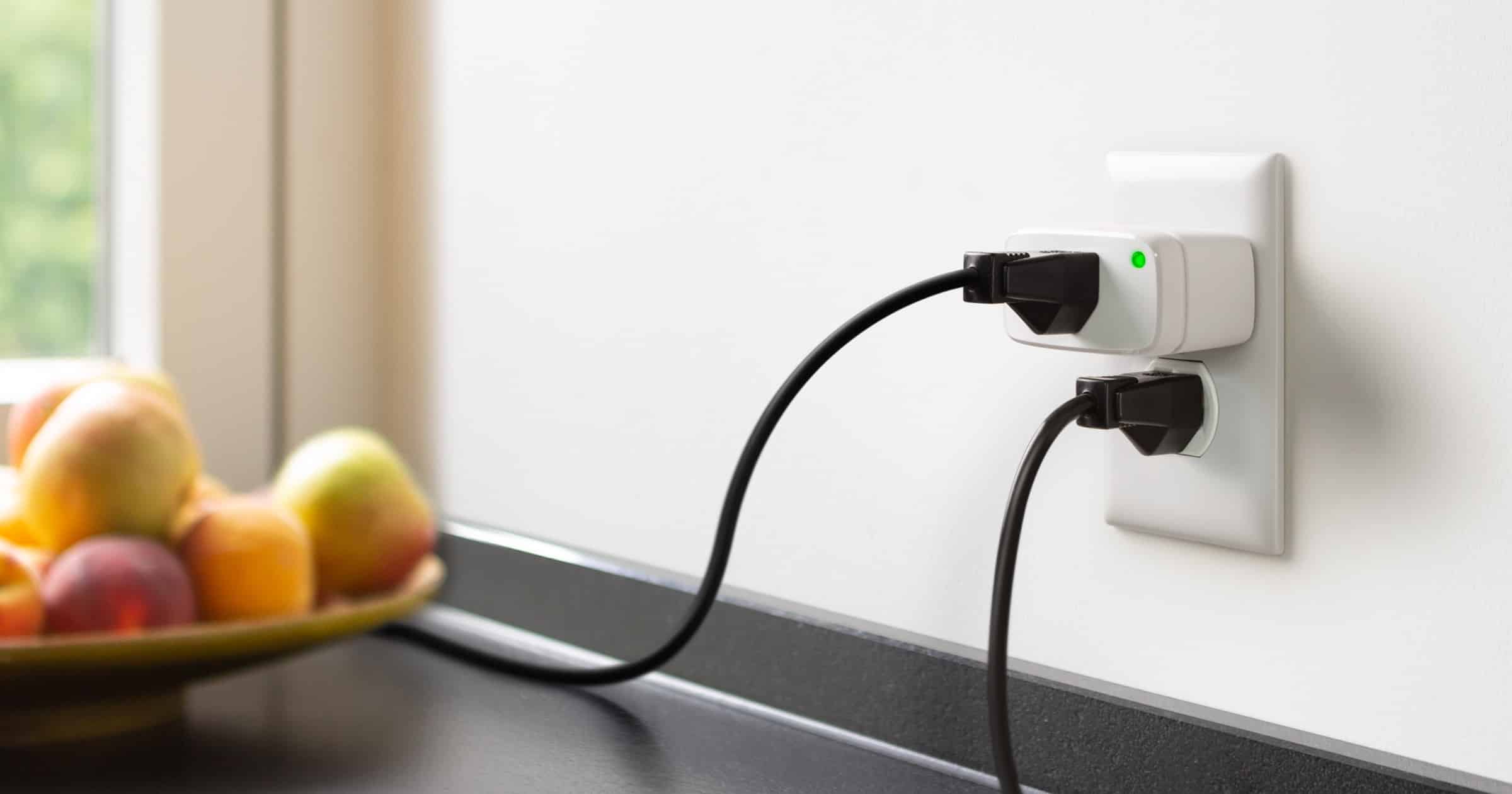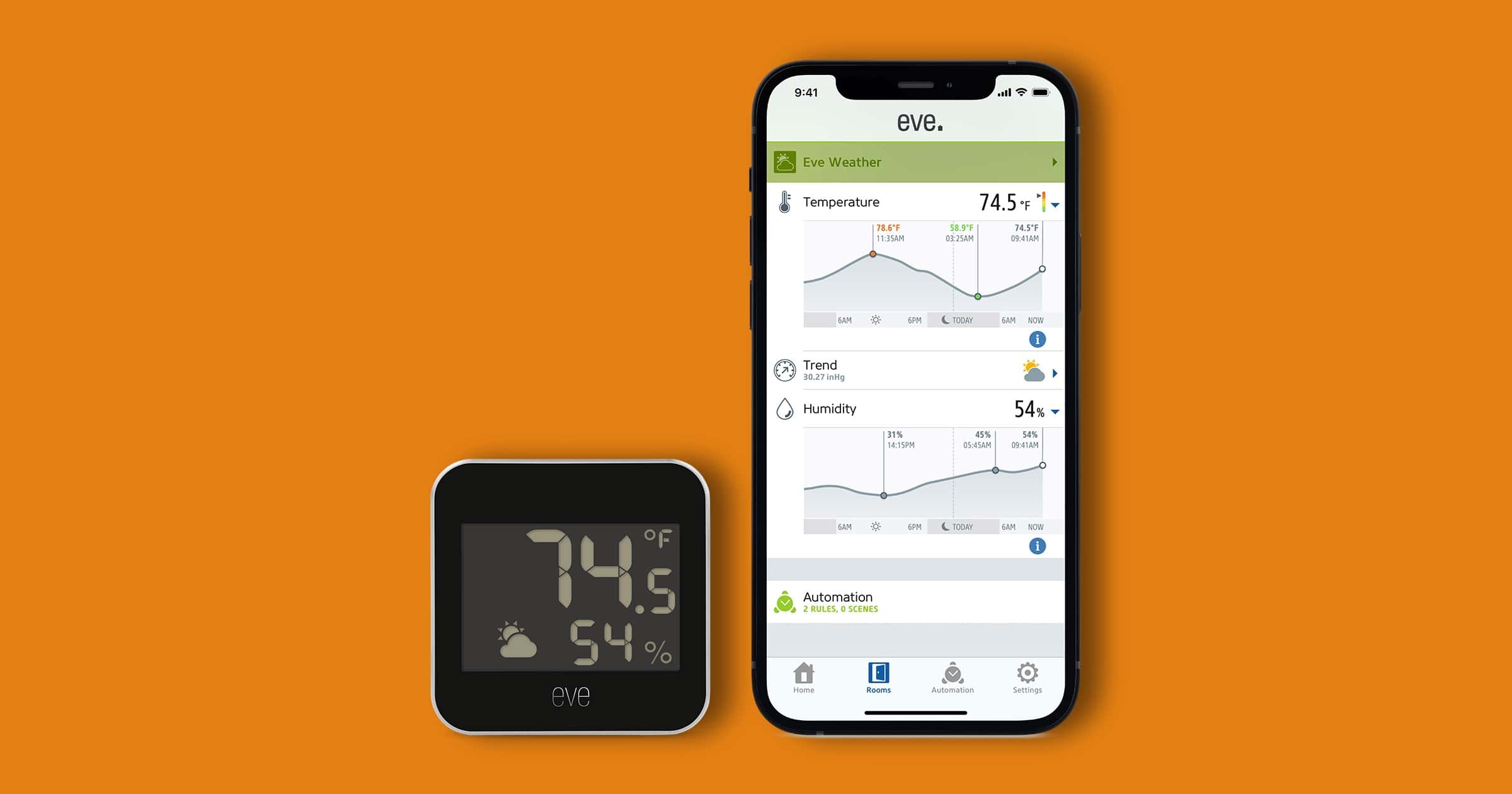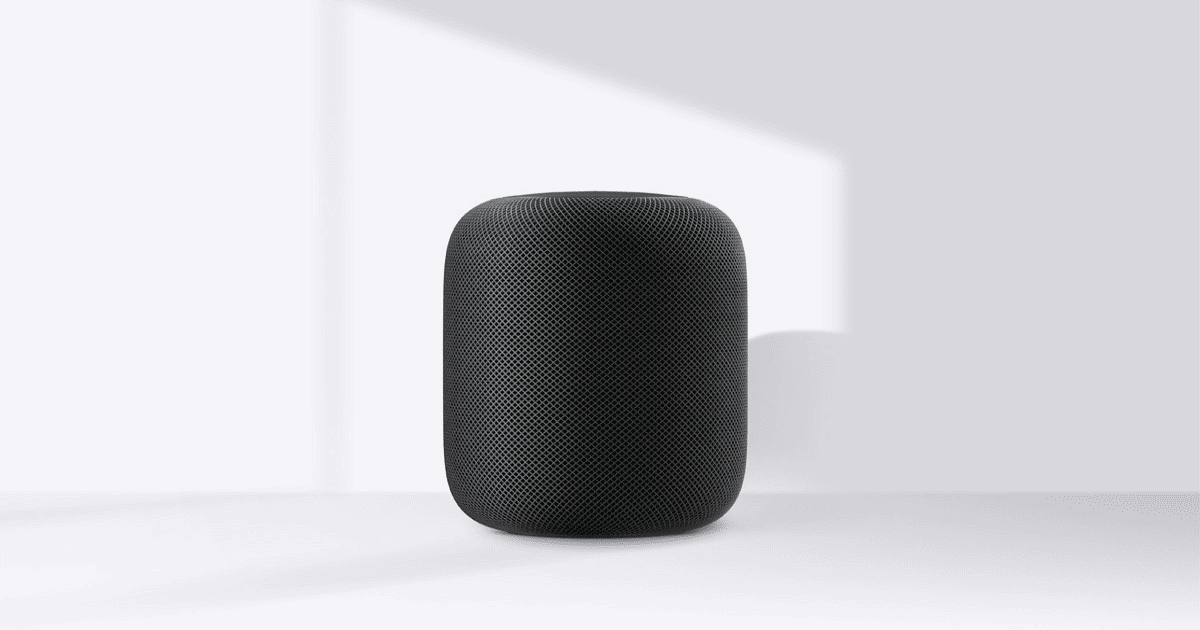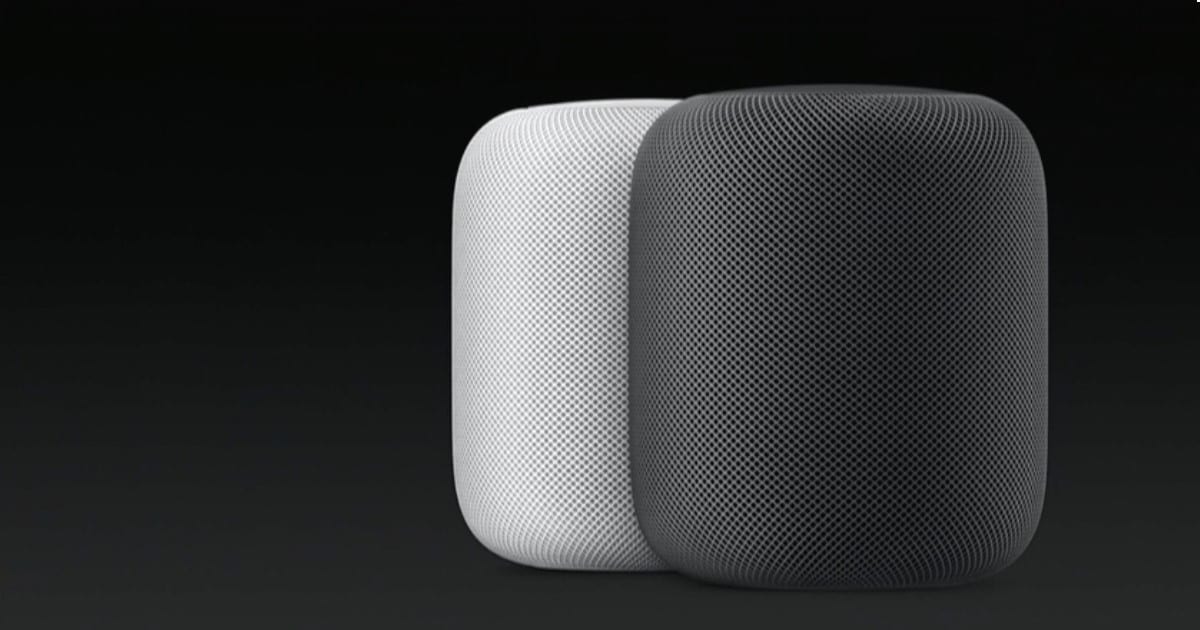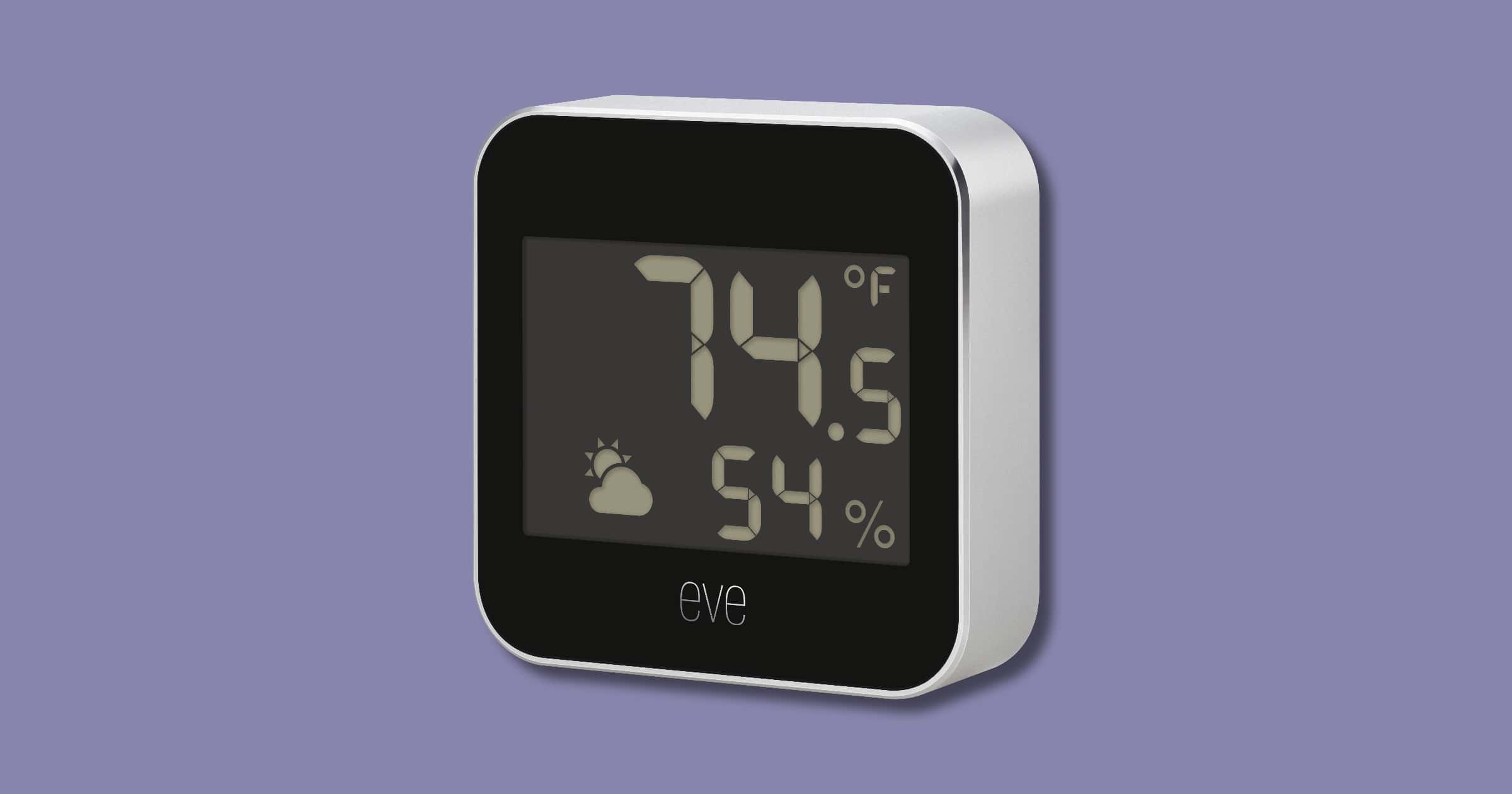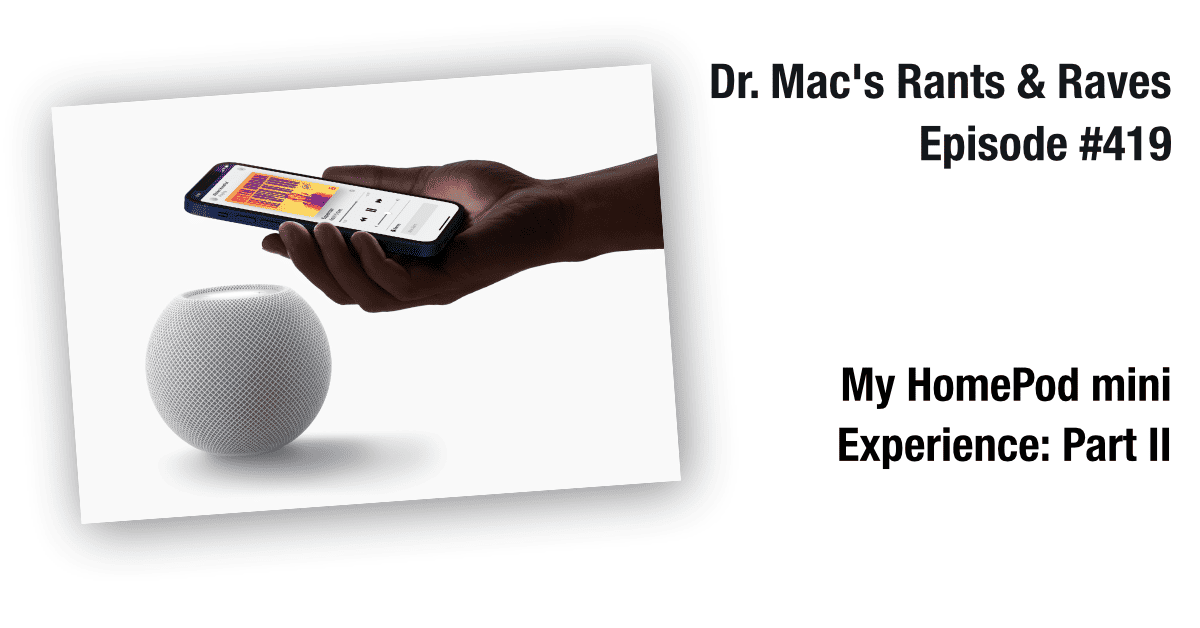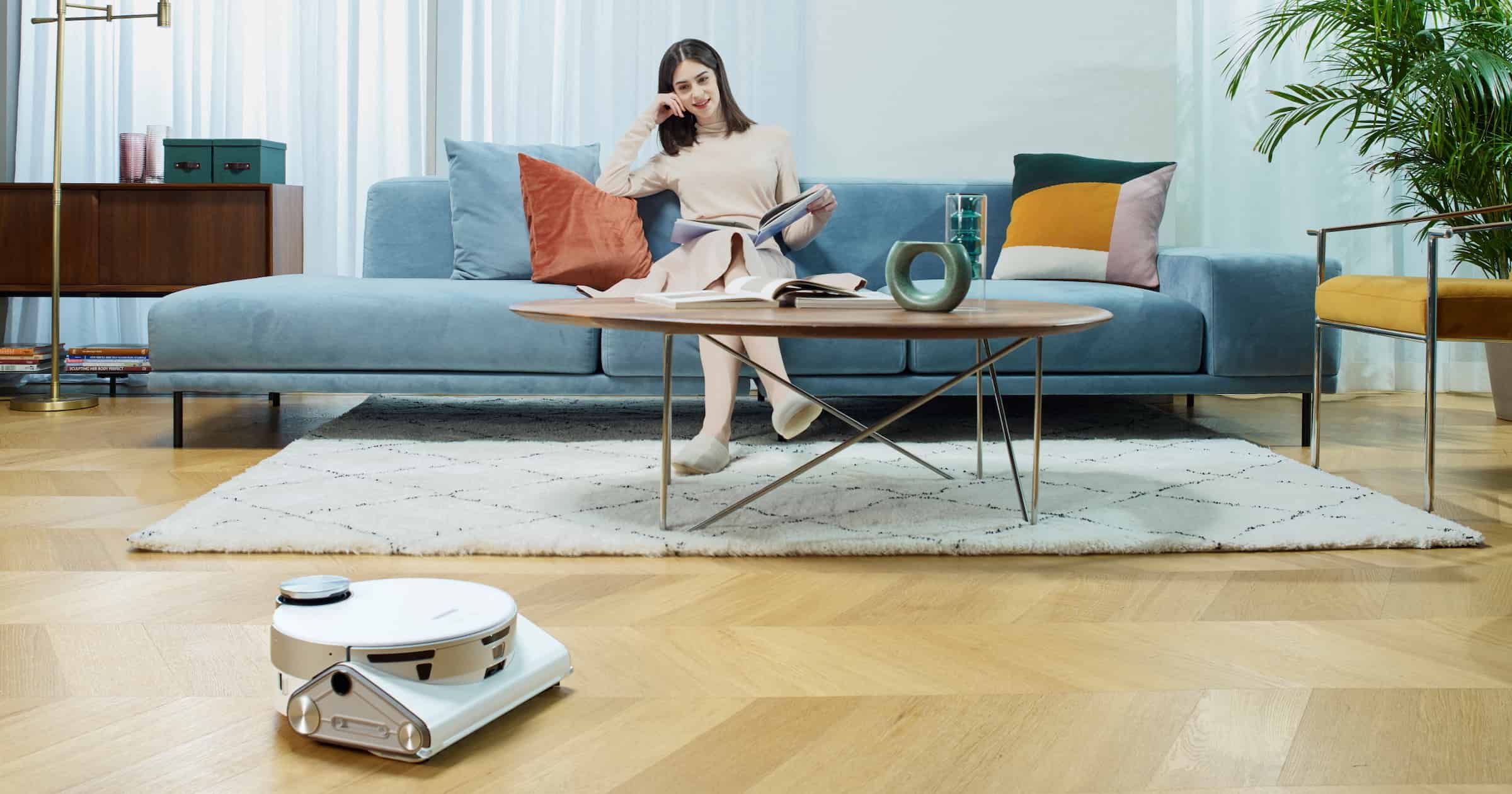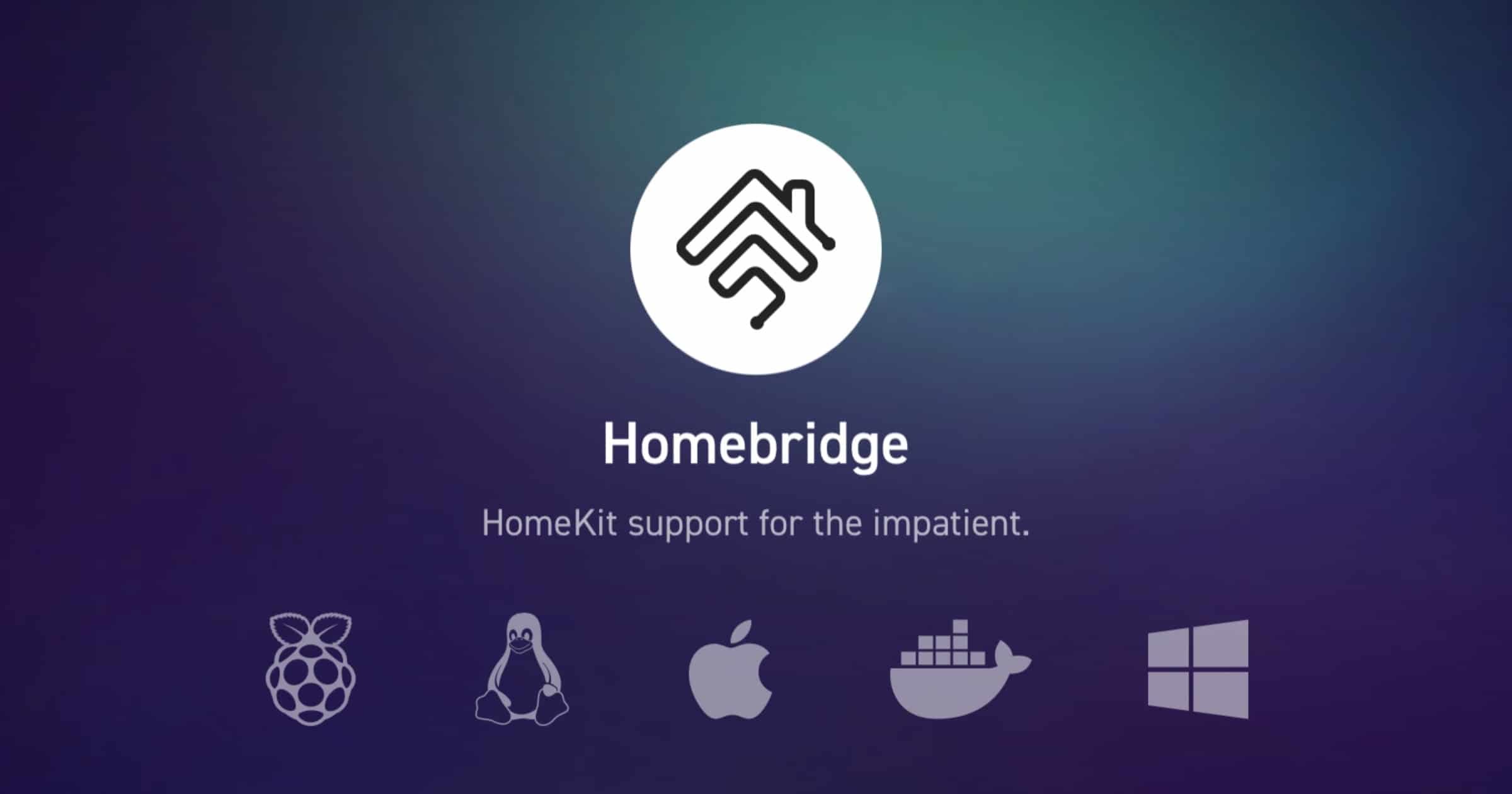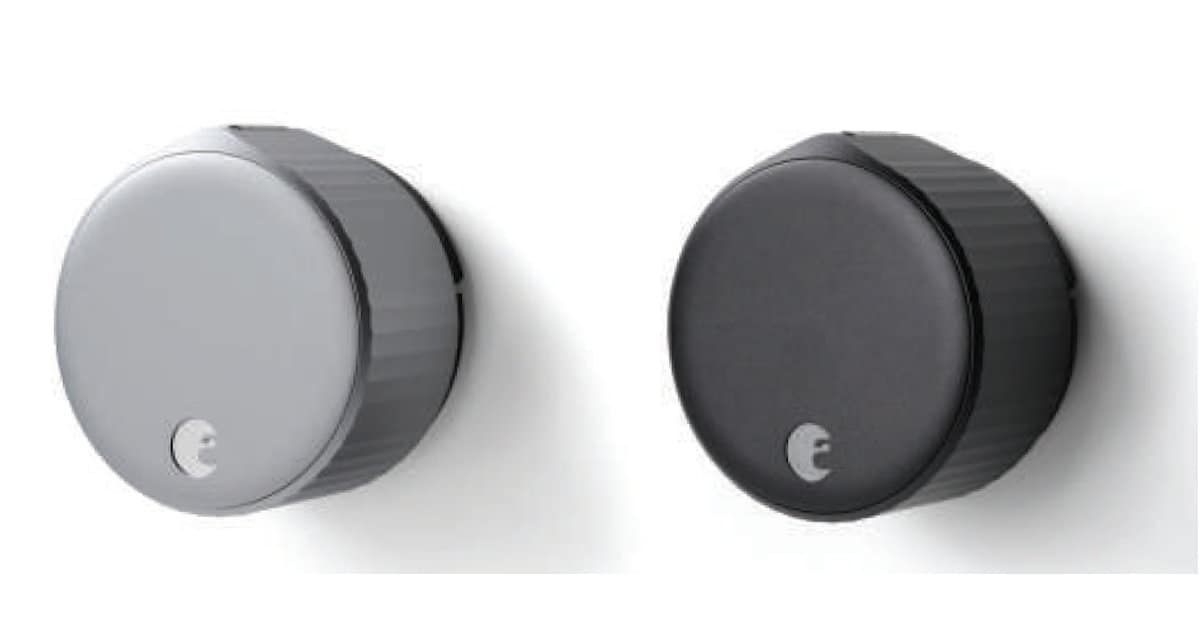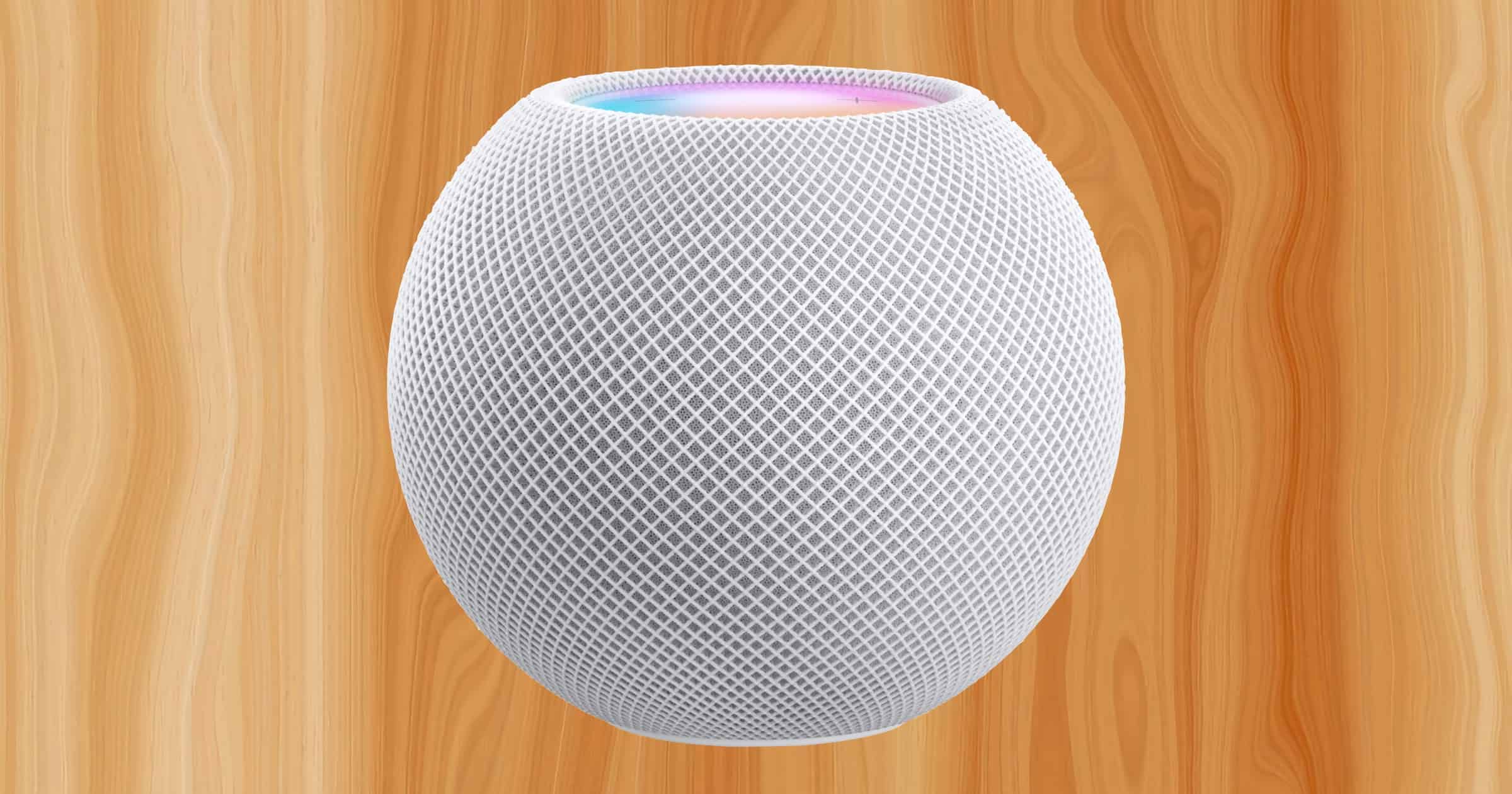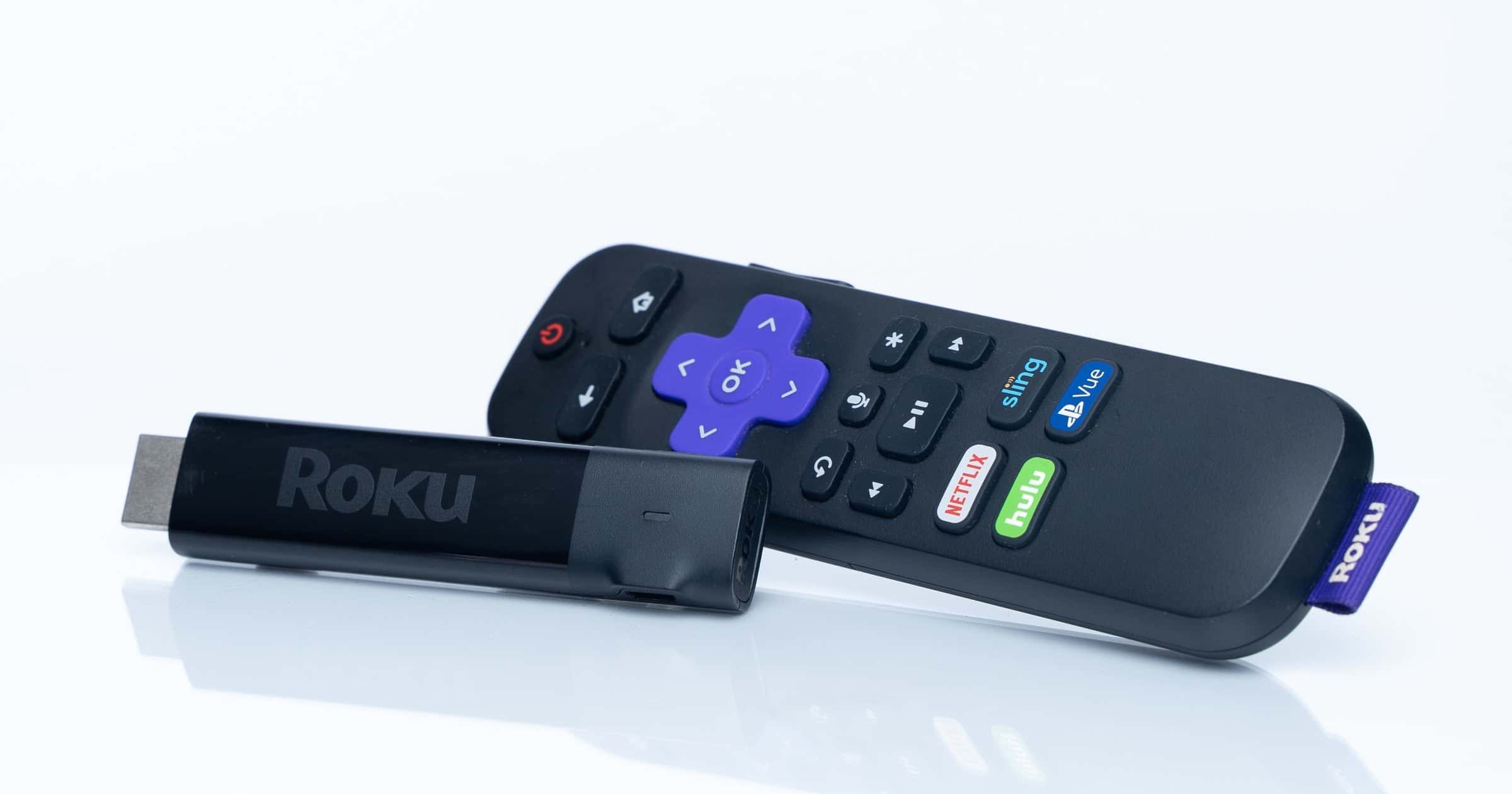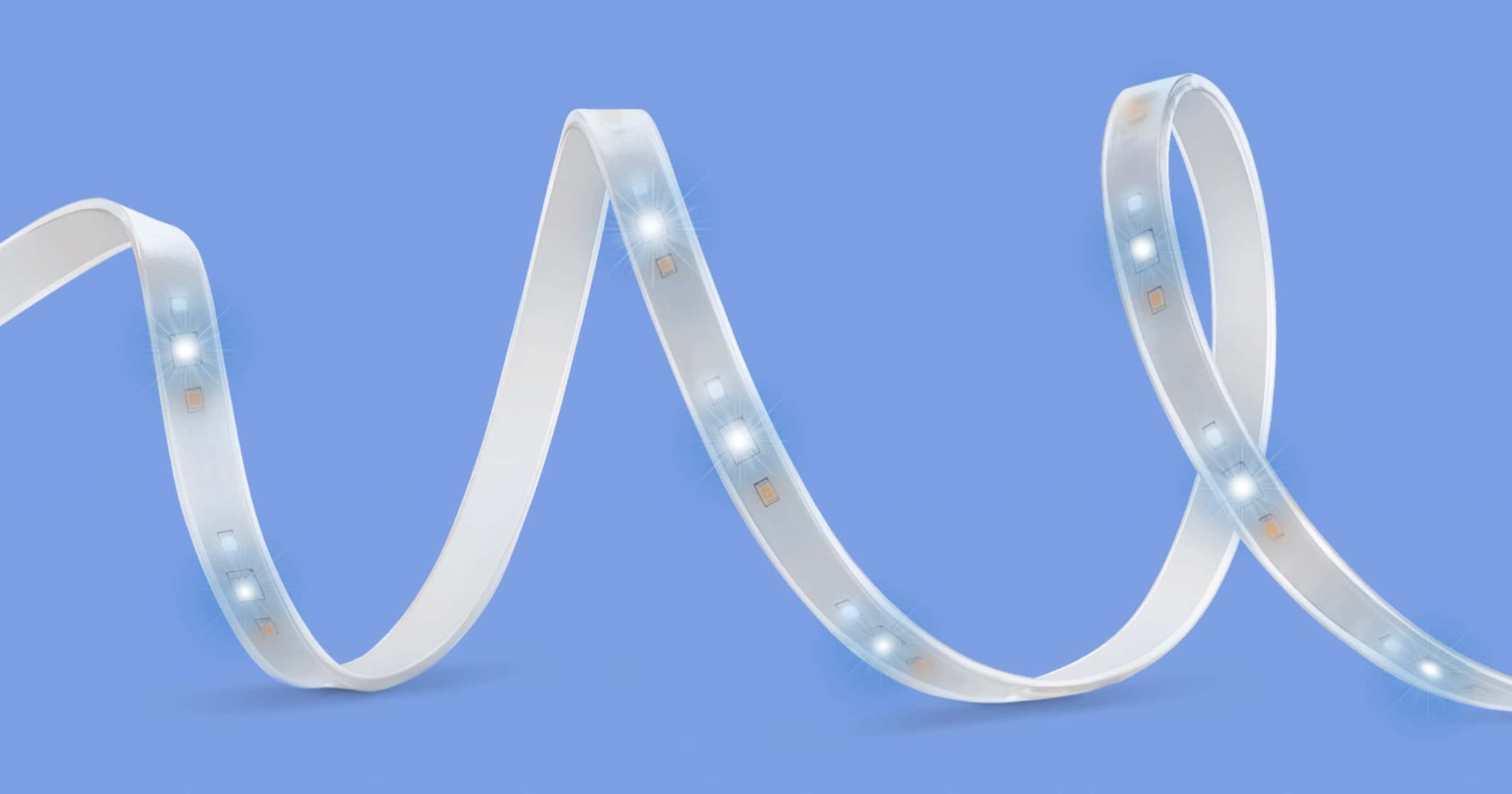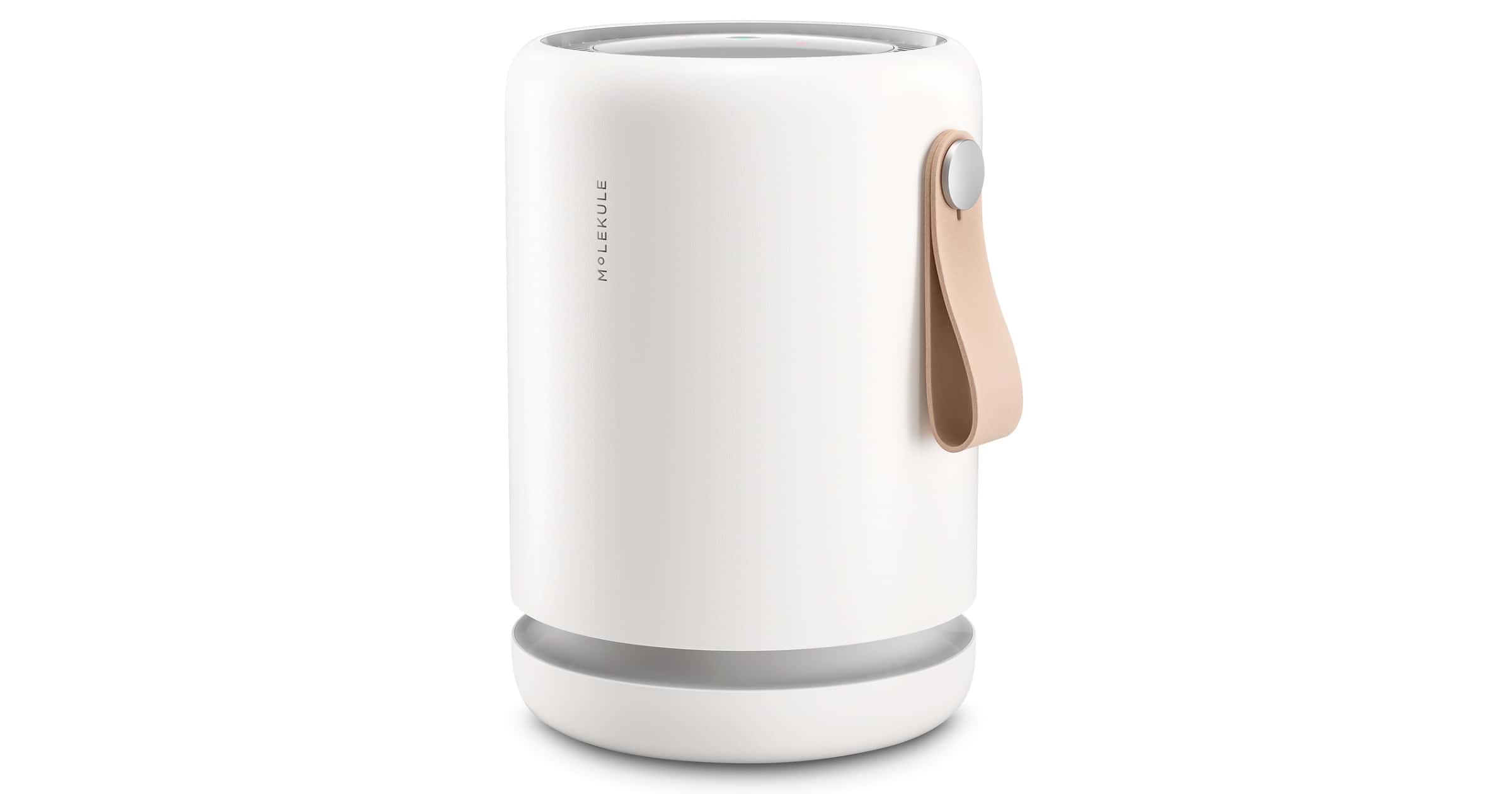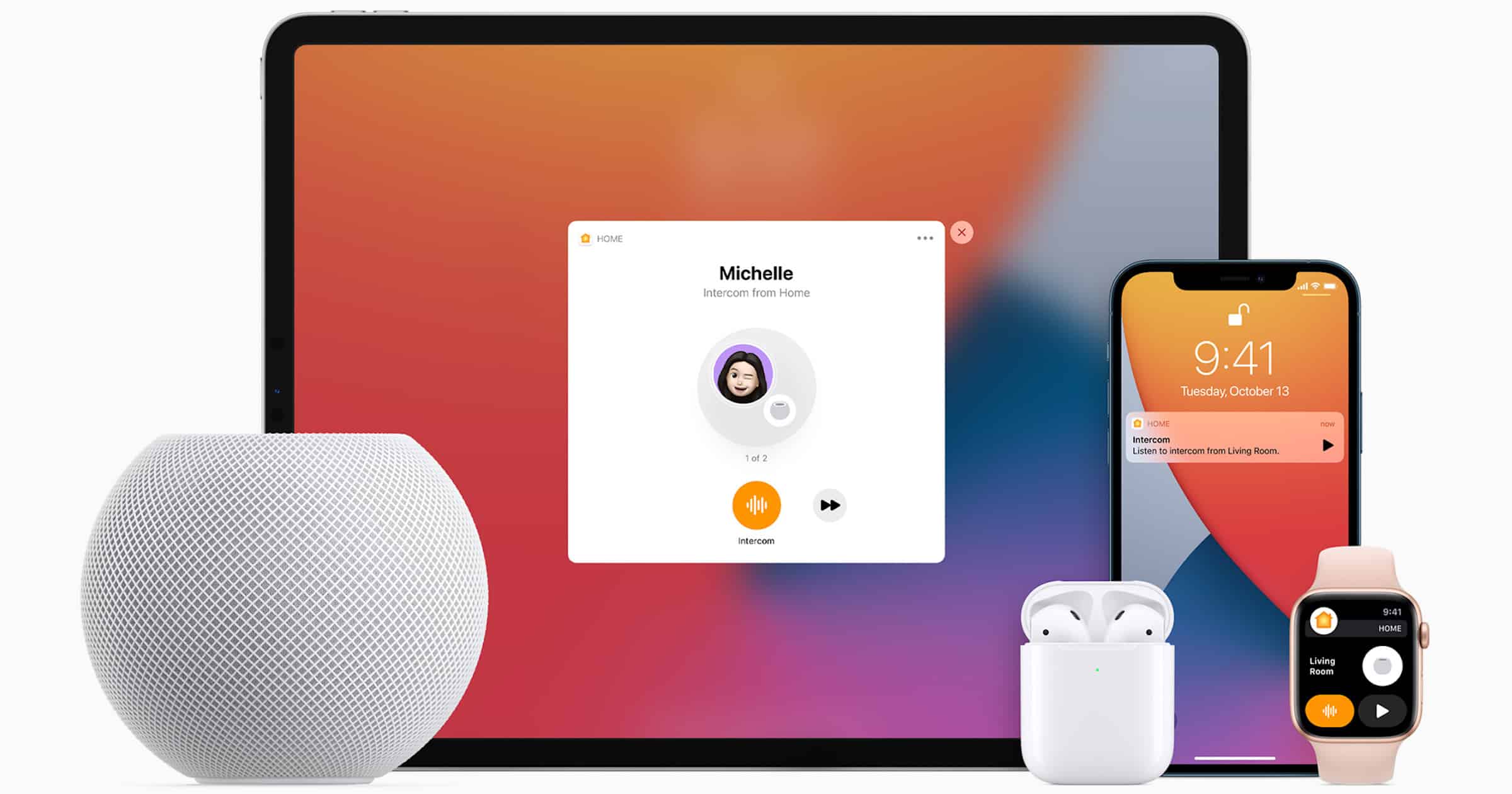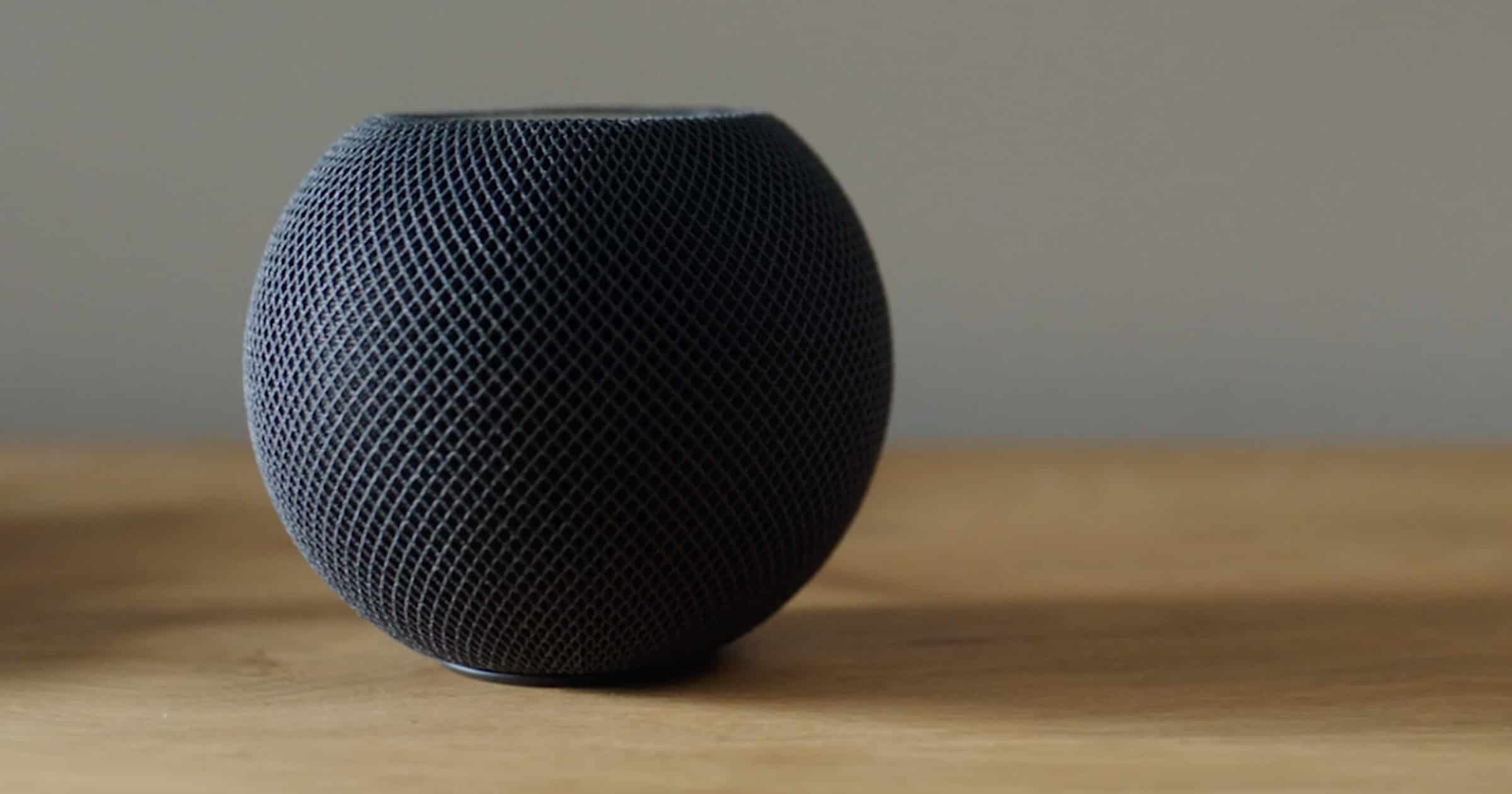Eve Systems announced the fourth generation of its HomeKit smart plug product called Eve Energy, and it supports the Thread protocol.
Search: smart home
LG to Exit Smartphone Market
LG is to stop making smartphones. However, according to an analyst who spoke to Reuters, Samsung, not Apple, may be best placed to pick up the gap in the market vacated by the South Korean firm.
“In the United States, LG has targeted mid-priced – if not ultra-low – models and that means Samsung, which has more mid-priced product lines than Apple, will be better able to attract LG users,” said Ko Eui-young, an analyst at Hi Investment & Securities. LG’s smartphone division has logged nearly six years of losses totalling some $4.5 billion. Dropping out of the fiercely competitive sector would allow LG to focus on growth areas such as electric vehicle components, connected devices and smart homes, it said in a statement. In better times, LG was early to market with a number of cell phone innovations including ultra-wide angle cameras and at its peak in 2013, it was the world’s third-largest smartphone manufacturer behind Samsung and Apple.
Eve for HomeKit 5.1 Update adds Support for Eve Weather
The Eve for HomeKit app from Eve Systems received a 5.1 update on Friday. It adds support for Eve Weather and more improvements.
Why Does Apple Keep Making Pricey Niche Products Like The HomePod?
We recently learned that that the HomePod is to be discontinued, with Apple turning its focus to the mini instead. Luke Dormehl at Cult of Mac made a compelling argument for why it demonstrates that the company should stop producing pricey, niche, products.
You can read the HomePod debacle as an admission of failure regarding Apple’s framing of the device as a smart speaker rather than high-end audio gear. But it’s more than that. It’s an illustration of Apple’s faltering strategy of creating premium products for niche corners of the market… What else that Apple currently manufactures falls into this same category of being far more expensive than its competition? If I was toiling away on the AirPods Max, I’d probably be nervous. Apple’s pricey over-the-ear headphones, which debuted at the end of last year, sell for $550. Again, Apple hasn’t broken out sales figures, but suppliers working on the AirPods Max reportedly view it as a niche product.
Apple Discontinues Original HomePod
Apple has discontinued the original HomePod and will now focus on the more recently released mini version of its smart speaker.
Security Friday and HomeKit Cameras – TMO Daily Observations 2021-03-12
Andrew Orr joins host Kelly Guimont to discuss Security Friday news and chat about HomeKit Secure Video and how to have a camera only you can see.
Eve Systems Adds 3 New HomeKit-Over-Thread Products
Eve Systems have announced three new HomeKit products that work with new technology called Thread.
My HomePod mini Experience: Portability, Intercom, and Dr. Mac's Conclusions
Dr. Mac found HomePod mini’s Intercom feature both fascinating and frustrating; learn more in Episode #419 of Dr. Mac’s Rants & Raves.
Does a ‘Better Normal’ Mean Robots In Your Home?
Samsung’s vision of a “better normal” means robots in your home. Jeff Butts isn’t convinced that’s such a bright idea, though.
Using Open Source Software to Extend Apple’s HomeKit
Simon Bisson wrote a cool story for ZDNet. It involves using an open source tool called Homebridge that can be used to integrate smart home devices that don’t natively support HomeKit.
The plugin ecosystem is where Homebridge really excels. By having its own defined APIs, it’s possible for anyone with access to developer documentation to build a simple translation layer that links devices to HomeKit and to Home (and to Siri). Most of the plugins are on GitHub, so if you want additional features or support for alternative hardware, you can fork existing code and start to add your own features.
Yale Introduces Smart Delivery Box to Protect and Secure Your Deliveries
In this age of increased contactless deliveries, the Yale Smart Delivery Box offers security and convenience for securely receiving deliveries.
August Releases 4th Generation Wi-Fi Smart Lock
August is showing their 4th generation of their smart lock, a Wi-FI Smart Lock that attaches to your existing deadbolt.
AirPlay 2 and HomeKit Support Comes to 2018 LG TVs
After previously resisting, LG has begun rolling out support for AirPlay 2 and Homekit for some of its 2018 smart TV models.
EyeQue Unveils its VisionCheck 2 Smartphone Vision Test
EyeQue has a smartphone vision test you can do at home, and the company has a Kickstarter to fund the second-gen product called VisionCheck 2.
Some claim to have online or app-based refraction tests, but they are merely prescription verification services based on visual acuity estimates. EyeQue users are actually performing a self-refraction test while proprietary algorithms process, personalize, and store results.
HomePod Mini Delivery Times Slipping to January Across Europe
Those in Europe wanting a new HomePod mini this Christmas may well be disappointed, with delivery times slipping into January.
Eve Systems Adds Thread Mesh Protocol Support to its HomeKit Devices
Eve Systems announced on Wednesday that it will be added Thread support to its line of HomeKit-enabled products.
4K Roku Players Receive AirPlay 2 and HomeKit
Certain 4K Roku devices will receive AirPlay 2 and HomeKit support with Roku OS 9.4 in the near future.
Eve Light Strip Gets HomeKit Adaptive Lighting, Eve Cam Gets HomeKit Secure Video
Eve Systems has issued updates for Eve Light Strip and Eve Cam to bring HomeKit Adaptive Lighting and HomeKit Secure Video.
Quibi Moves to Apple TV And Other Smart TV Platforms
Mobile streaming service Quibi has looked to move into the living room via various platforms, including Apple TV.
Molekule Air Mini+ Purifier Now Supports HomeKit
Molekule announced Tuesday that its Air Mini+ purifier supports HomeKit and is available on Apple’s website for US$499.95.
Getting the Most Out of the Smart Stack Widget
With iOS 14, we have a new feature called a Smart Stack widget. Here are some tips on how to add it and make the most of its capabilities.
Using a HomePod and HomePod Mini Together
There’s a lot of options for using a HomePod and HomePod Mini together. You can have music throughout the house, use Intercom, and more.
HomePod Intercom Works Everywhere Except the Mac
When the latest software updates are released, you’ll be able to use HomePod Intercom everywhere, but not from your Mac.
Apple Reveals New HomePod Mini
Apple unveiled the HomePod mini at its ‘Hi, Speed’ event, aiming to bring the Siri-enabled speaker to more people.
